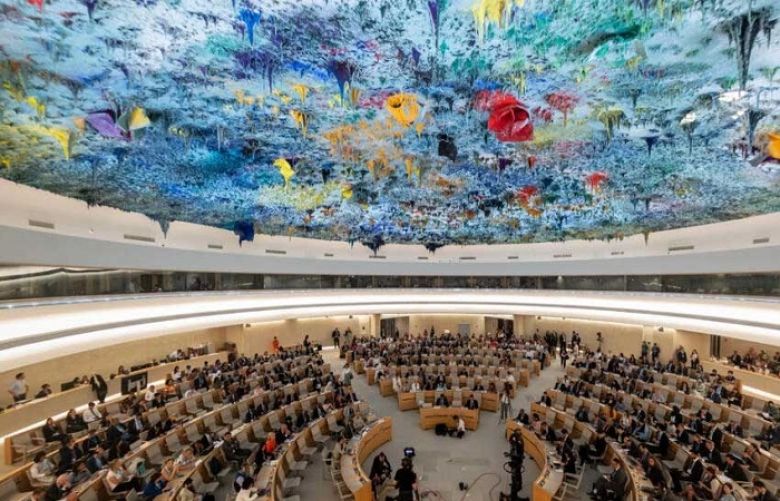Morocco's ambassador in Geneva secured the presidency of the United Nations Human Rights Council for 2024 following a rare secret ballot among member states.
Omar Zniber won with 30 votes in a competition against South Africa's ambassador, Mxolisi Nkosi, who received 17 votes.
The decision to resort to a secret ballot arose due to the inability of African nations to reach a consensus on a single candidate among the 13 members of the council.
Expressing the significance of his victory, Zniber highlighted the council's crucial role in promoting, respecting, and guaranteeing universally recognised human rights.
Despite opposition from Algeria and South Africa, Morocco's Foreign Ministry in Rabat viewed Zniber's successful candidature as a strong signal from the international community, endorsing Morocco's constructive approach and leadership on various key issues.
The rotating presidency of the Human Rights Council, which protects and promotes human rights worldwide, shifts annually among the five regional groupings. Morocco, however, faces criticisms from Moroccan and international NGOs regarding alleged repression, including trials for common law crimes, digital surveillance, and the use of Pegasus spyware. The country has refuted such allegations as unjust and unfounded.
The presidency, responsible for overseeing council meetings and appointing independent experts to investigate rights abuses, plays a vital role. Zniber, a career diplomat serving as Morocco's permanent representative at the UN in Geneva since 2018, succeeds Czech ambassador Vaclav Balek.
His presidency will undoubtedly be scrutinized for how he addresses human rights challenges, given Morocco's standing on the global stage.







